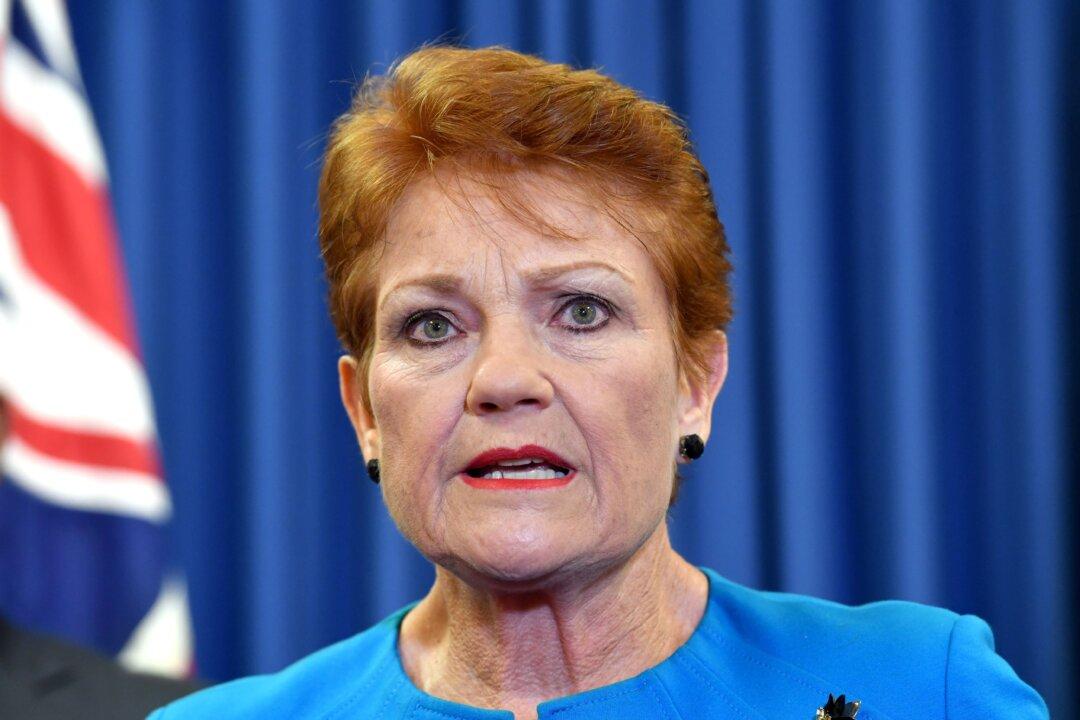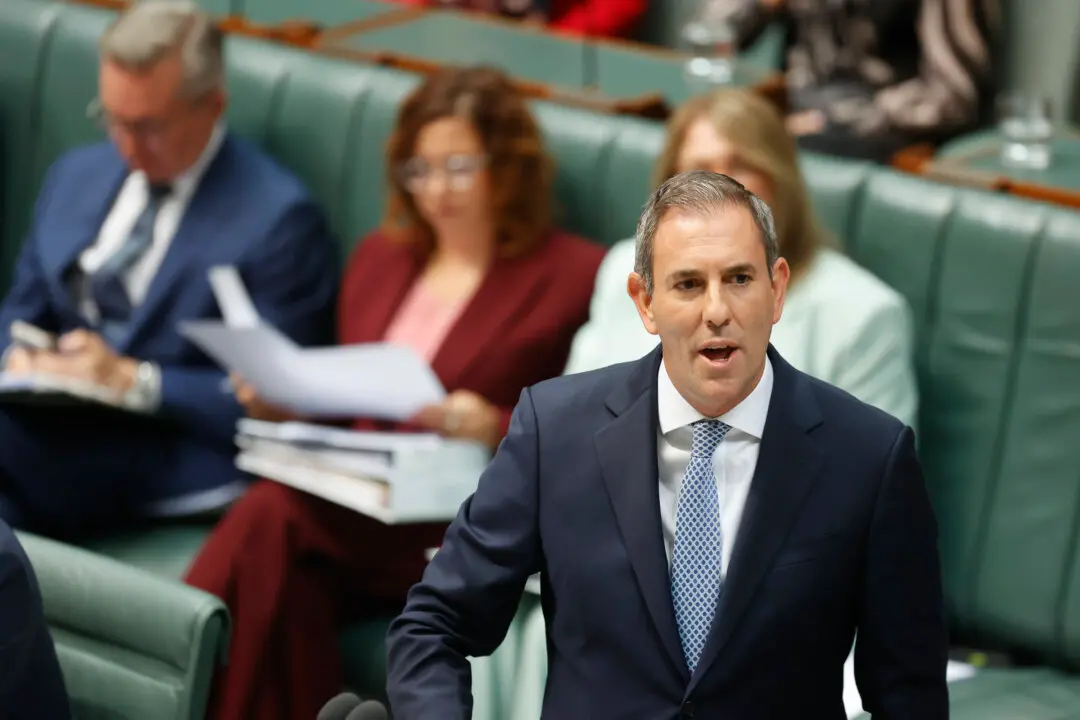Senator Pauline Hanson of One Nation has raised serious concerns over the Albanese Labor government’s quiet signing of the United Nations’ “Pact for the Future,” arguing that the agreement poses significant threats to Australia’s sovereignty and freedoms.
Taking to social media platform X, Hanson said the pact is not merely a harmless international agreement but a dangerous step towards major changes that could deeply affect Australia’s independence.





